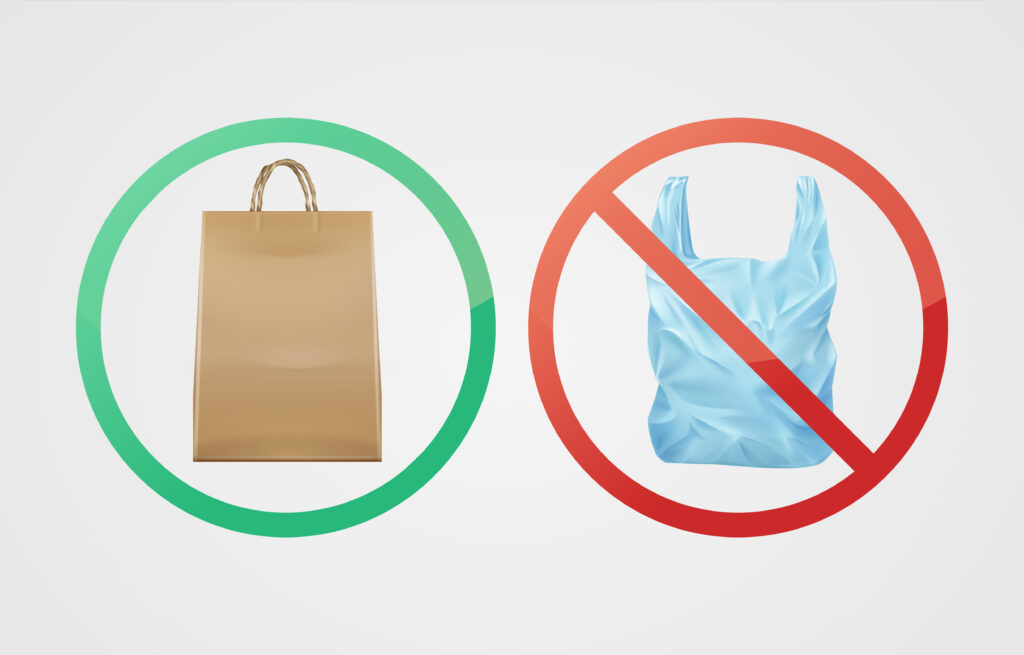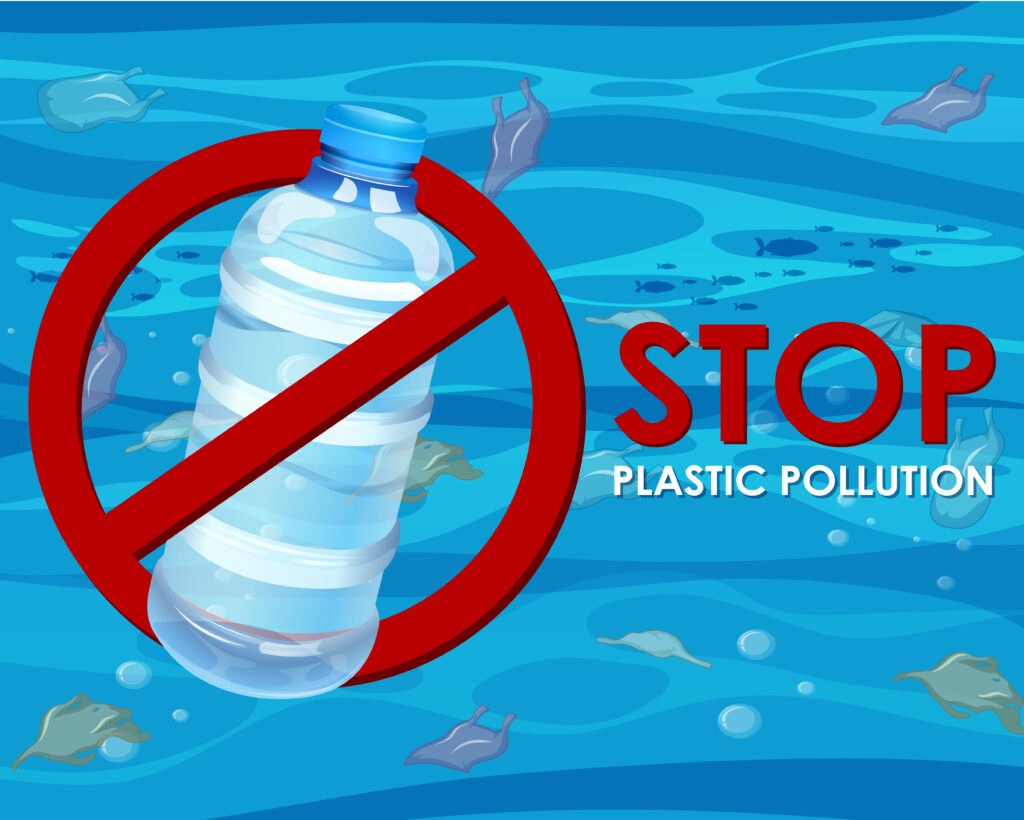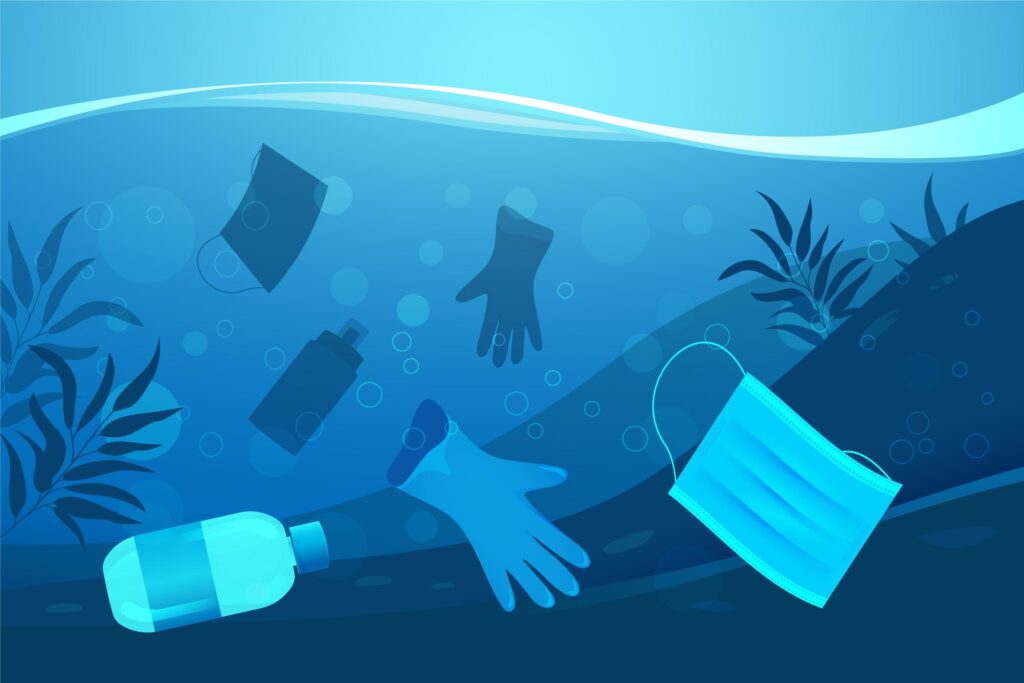Introduction
Every year, on July 3rd, we observe International Plastic Bag Free Day. This global initiative aims to raise awareness about the harmful effects of plastic bags on our environment and encourages individuals, communities, and businesses to reduce their usage. Plastic bags have become a significant environmental concern, with devastating impacts on ecosystems and wildlife. This blog will delve into the consequences of plastic bag usage, the benefits of going plastic bag free, sustainable alternatives, successful initiatives, and strategies to take action on this significant day.
The Problem with Plastic Bags
International Plastic Bag Day pose a severe threat to the environment. They take hundreds of years to decompose, contributing to plastic pollution in landfills, oceans, and other natural habitats. Wildlife, such as marine animals and birds, mistake plastic bags for food, leading to starvation, injury, and even death. Additionally, manufacturing plastic bags involves using fossil fuels, leading to greenhouse gas emissions and exacerbating climate change.

Benefits of Going Plastic Bag Free
By reducing plastic bag usage, we can make a significant positive impact on the environment. Firstly, it helps in reducing waste and litter. Plastic bags are commonly found on streets, clogging drains, and causing water pollution. By opting for reusable bags or biodegradable alternatives, we can substantially reduce this litter problem.
Preserving natural resources is another crucial benefit. Plastic bags are made from non-renewable resources, such as petroleum and natural gas. By transitioning to reusable bags, we can conserve these valuable resources for future generations.
The impact on wildlife and ecosystems cannot be understated. By reducing plastic bag usage, we can protect marine animals, birds, and other creatures from ingesting or getting entangled in them. Moreover, healthy ecosystems are vital for a balanced and functioning planet. Plastic bags pollute water bodies, disturb soil ecosystems, and harm plants and organisms. By going plastic bag free, we can contribute to the restoration and preservation of these ecosystems.
There are also potential economic benefits to consider. Plastic bags are often provided for free by retailers, but they are not actually “free.” The cost of producing, distributing, and disposing of plastic bags is ultimately borne by society. By reducing plastic bag usage, we can save on these costs, which can be redirected to other important areas such as education and healthcare.
More: Wanted to download Odishashop.com visit here

Sustainable Alternatives to Plastic Bags
There are numerous alternatives to plastic bags that are more eco-friendly. One option is reusable bags, commonly made of fabric or durable materials. Tote bags, mesh bags for produce, and foldable bags are versatile and can be used for multiple purposes. These bags significantly reduce the need for single-use plastic bags and can last for years.
Biodegradable and compostable bags are another alternative. These bags are designed to break down naturally into harmless elements over time. They offer a greener alternative to traditional plastic bags and can be disposed of in composting systems. However, proper disposal is crucial to ensure their environmental benefits.
Innovative alternatives are also emerging, such as banana leaf bags and wax wraps. Banana leaf bags are made from biodegradable leaves, offering a natural and sustainable option. Wax wraps, made from cloth coated in beeswax, can be used to store food, reducing reliance on plastic wrap. Such innovative alternatives showcase the possibilities for reducing plastic bag usage in creative and sustainable ways.
You can read our another post on International Workers’ Day

Successful Initiatives and Strategies for Plastic Bag Reduction
Many countries, cities, and businesses have taken significant steps towards reducing plastic bag usage. Countries like Rwanda and Bangladesh have implemented comprehensive bans on plastic bags, leading to a significant reduction in plastic waste. Cities such as San Francisco and Seattle have implemented plastic bag fees, which have resulted in a substantial decline in usage. These examples demonstrate the effectiveness of regulations and policies in curbing plastic bag consumption.
Education and awareness campaigns also play a crucial role in driving behavioral change. By raising awareness about the environmental consequences of plastic bags and promoting sustainable alternatives, individuals and communities can make informed choices. Raising awareness through schools, community groups, and social media can empower individuals to take action and advocate for change.
How to Get Involved in Plastic Bag Free Day
Participating in International Plastic Bag Free Day is a meaningful way to make a difference. Engage in local events and initiatives supporting plastic bag reduction. Organize community clean-ups to remove plastic waste from streets, parks, and water bodies. Spread awareness through online platforms or public discussions to educate others about the importance of going plastic bag free.
Advocating for policy changes at the local and national levels is essential for long-term impact. Contact your local representatives, sign petitions, and support organizations working towards plastic bag reduction. By banding together, we can create a powerful force for change.

Write A FAQ For International Plastic Bag Day
What is International Plastic Bag Free Day?
International Plastic Bag Free Day is an annual event held on July 3rd to raise awareness about the environmental impact of plastic bags and promote alternative solutions.
Why is it important to reduce the use of plastic bags?
Plastic bags have a significant negative impact on the environment. They contribute to pollution, harm wildlife, clog drainage systems, and take hundreds of years to decompose. By reducing their use, we can protect our planet and create a more sustainable future.
How can I participate in International Plastic Bag Free Day?
You can participate by spreading awareness about the event on social media, advocating for the reduction of plastic bag usage, organizing community clean-ups, or encouraging local businesses to adopt more sustainable packaging options.
What are some alternatives to plastic bags?
There are various alternatives to plastic bags, such as reusable shopping bags made from cloth, canvas, or recycled materials. Other options include paper bags, cardboard boxes, or using no bag at all when possible.
What role do governments play in reducing plastic bag usage?
Governments can play a crucial role in reducing plastic bag usage by implementing policies and regulations, such as imposing taxes or banning plastic bags altogether. These actions can significantly reduce plastic waste and encourage consumers to adopt more sustainable practices.
How can businesses contribute to reducing plastic bag usage?
Businesses can contribute by offering incentives for customers to bring their own bags, switching to biodegradable or reusable packaging options, or participating in initiatives aimed at reducing plastic waste.
Are plastic bags recyclable?
While some plastic bags can be recycled, the majority end up in landfills or as litter. The thin nature of plastic bags often makes them difficult to recycle efficiently. It is best to opt for reusable alternatives instead.
Is International Plastic Bag Free Day only observed for one day?
International Plastic Bag Free Day is primarily observed on July 3rd. However, the overarching goal is to raise awareness and encourage people to reduce plastic bag usage year-round.
What are the long-term benefits of reducing plastic bag usage?
Reducing plastic bag usage has several long-term benefits. It helps protect wildlife, prevents pollution, reduces greenhouse gas emissions associated with plastic production, conserves natural resources, and encourages a more sustainable lifestyle.
How can individuals make a difference in reducing plastic bag usage?
Individuals can make a difference by using reusable bags whenever possible, saying no to plastic bags at checkout, participating in community clean-ups, advocating for sustainable policies, and educating others about the importance of reducing plastic bag usage.
Conclusion
International Plastic Bag Free Day is an opportunity to reflect on our plastic consumption habits and take steps towards a more sustainable future. By reducing plastic bag usage, we can lessen the burden on our environment, protect wildlife, and preserve natural resources. The availability of sustainable alternatives and successful initiatives from around the world provide hope for a plastic bag-free future. Together, let’s take action on this significant day and make a difference for our planet.
